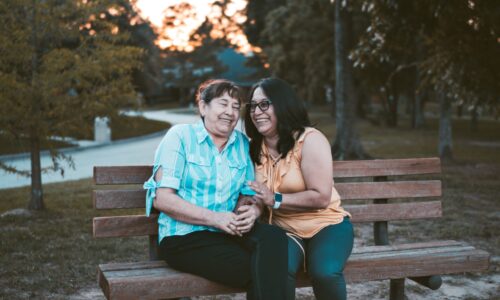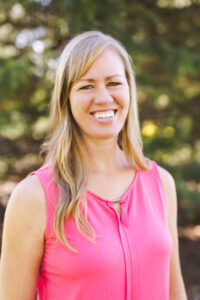Counseling Older Adults: How Erikson’s Theory Can Help You Better Conceptualize Clients
By Alicia Kwande
As a clinician who works with older adults, whether as your specialty or within a mix of other populations, you have likely encountered people that are struggling with despair in this stage of life. Erik Erikson posited that we go through eight stages in our lives. As we near the end of our lives in older adulthood, he called this last stage Integrity vs. Despair. This final stage is the culmination of the previous seven stages we go through as we grow. There may be remnants of unresolved conflicts from earlier stages that are showing up in older adulthood as well.

Clinical Work with Older Adults
Using Erikson’s developmental conceptualization can be helpful as you engage in clinical work with older adults. It can give a framework for thinking through some of the unique challenges that people in this age-group are facing. For instance, depression in older adulthood may sometimes be influenced by feelings of despair and regret over choices a person has made in his or her life. As friends and peers deaths’ become more common, the thoughts of one’s own mortality looms closer and can bring about very different questions to those at the forefront of many younger people’s minds.
As a clinician, you are helping your older adult clients process the various experiences of their lives and how these have impacted them. In the Integrity vs Despair stage of life, this may take on the form of finding the areas in which a person is dissatisfied or feeling regret about the life they lived. Once that processing is worked through, they may engage in practices that will move them towards a feeling of contentment or integrity as they look back over their life.
Transitions for Older Adults

You use your clinical skills as well to help people adjust to all sorts of transitions. Aging is one more major life transition that brings up so many reflections of one’s life. Remembering the dichotomy of Integrity and Despair gets tucked away, and can often seem too basic (yes, from back in those early college classes), but is a useful way to help you think about the older adults seeking your help and guidance.
Whether you are working in your niche with older adults or if you have a smaller proportion of older adults on your caseload, it can be so beneficial to come together with the same clinicians each month in consultation groups, talk through your cases, and know that those in your group truly understand the situations you encounter on a daily basis as a clinician who works with older adults.
Just as your older adult clients don’t want to go through the stages of development alone, you as a clinician also don’t need to do your counseling or therapy work in isolation. Joining with other therapists who are passionate about the work they do can help with your self-care, prevent burnout, and further develop your clinical skills.
How can we help
Check out our Older Adult Consultation Group, so you don’t feel so alone in your work!
Author Bio

Alicia Kwande is a licensed clinical social worker (LCSW) and Clinical Supervisor. She provides group and individual clinical supervision for provisionally licensed counselors and social workers, along with clinical consultation for independently licensed therapists. Alicia enjoys helping therapists develop confidence in their abilities, especially those in their second careers, and practicing from a multicultural lens.



